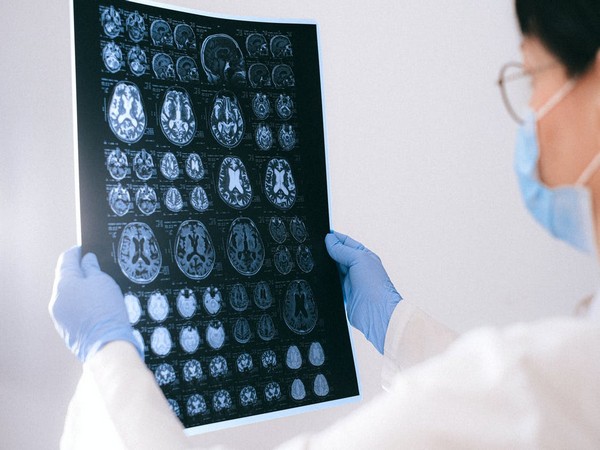UNESCO chief appoints experts to develop global framework on ethics of neurotechnology
As demonstrated by another UNESCO report published in 2023, the pace of innovation in this area accelerated when newly available Generative AI was integrated into neurotechnology research.

UNESCO’s Director-General Audrey Azoulay has appointed 24 experts from all regions of the world to develop the first global framework on the ethics of neurotechnology. They are meeting for the first time in Paris from 22 to 26 April. Based on the work of these experts, UNESCO will lead a discussion with its 194 Member States on the adoption of the framework by the end of 2025.
In 2021, UNESCO’s International Bioethics Committee’s report, ‘Ethical issues of Neurotechnology’, identified the threats that neurotechnology poses to rights and fundamental freedoms such as cerebral integrity and personal identity. As demonstrated by another UNESCO report published in 2023, the pace of innovation in this area accelerated when newly available Generative AI was integrated into neurotechnology research.
Given the lack of an ethical framework in this field, the Director-General of UNESCO proposed the development of the very first standard-setting instrument ensuring the protection of human rights and fundamental freedoms to the Organization’s 194 Member States. The Member States approved the launch of this initiative during the 42nd session of the General Conference of UNESCO, in November 2023.
A framework proposed for adoption in November 2025
Today, this initiative is taking shape with Audrey Azoulay’s appointment of 24 neurotechnology experts mandated to design and write the draft ethical framework. The ad hoc expert group gathers professionals specialized in neurosciences, psychology, neurotechnology, artificial intelligence, brain machine interface, ethics and bioethics, from all regions of the world and from diverse cultural backgrounds.
The work of these experts will be presented to various stakeholders at the national, sub-regional and regional levels for their comments later in 2024. It will also be followed by a discussion between the 194 Member States of the Organization, led by the UNESCO Secretariat, with a view to submitting this global ethical framework for adoption at the 43rd session of the General Conference of UNESCO, in November 2025.
Neurological disorders are now the biggest cause of illness and disability globally, disproportionately impacting the world’s poorest regions. Neurotechnology’s potential to help cure these diseases is a source of great hope, but its unregulated development also poses unprecedented risks to fundamental human rights such as freedom of thought and mental privacy.
Ensuring that the use of neurotechnologies complies with human rights
While the use of neurotechnology in the medical sector is framed by regulatory bioethical standards, the migration of neurotechnological applications towards unregulated commercial uses raises significant ethical concerns. Today, wearable head bands and ear pods are commercially available, helping users track parameters such as sleeping patterns. These technologies also harvest neural data, which could enable companies or governments to build detailed profiles of individuals, risking the misuse of information and the manipulation of individuals.
The ease of access to such neural information has transformed neurodata into a sought-after commodity, increasingly in demand not only within the medical sector, but also in consumer markets. Neuromarketing, the analysis of neural information aimed at gaining insights into consumer preferences and decisions, poses threats to mental privacy and freedom of thought, jeopardising democracy and the guarantee of political freedom. The ethical framework UNESCO is to develop will provide a global guarantee that the use of these technologies complies with human rights and fundamental freedoms.
This approach by UNESCO is one of the Organization's many initiatives in the field of science ethics: UNESCO has already pioneered the establishment of global ethical frameworks on the human genome (1997), human genetic data (2003), bioethics and human rights (2005) and artificial intelligence (2021).
- READ MORE ON:
- Audrey Azoulay
- UNESCO
- neurotechnology










